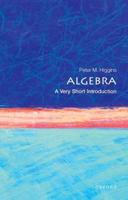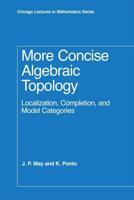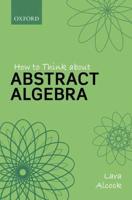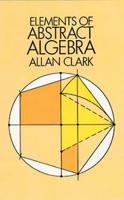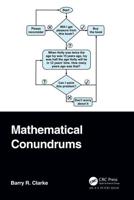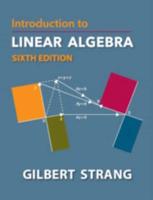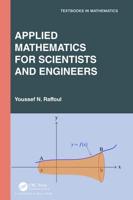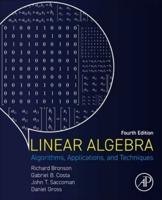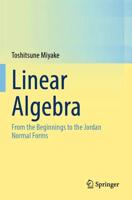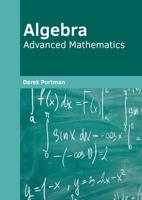Publisher's Synopsis
This introduction to linear algebra by world–renowned mathematician Peter Lax is unique in its emphasis on the analytical aspects of the subject as well as its numerous applications. The book grew out of Dr. Lax′s course notes for the linear algebra classes he teaches at New York University. Geared to graduate students as well as advanced undergraduates, it assumes only limited knowledge of linear algebra and avoids subjects already heavily treated in other textbooks. And while it discusses linear equations, matrices, determinants, and vector spaces, it also in–cludes a number of exciting topics that are not covered elsewhere, such as eigenvalues, the Hahn–Banach theorem, geometry, game theory, and numerical analysis.
The first four chapters are devoted to the abstract structure of finite dimensional vector spaces. Subsequent chapters deal with determinants as a blend of geometry, algebra, and general spectral theory. Euclidean structure is used to explain the notion of selfadjoint mappings and their spectral theory. Dr. Lax moves on to the calculus of vector and matrix valued functions of a single variable a neglected topic in most undergraduate programs and presents matrix inequalities from a variety of perspectives.
Fundamentals including duality, linear mappings, and matrices
- Determinant, trace, and spectral theory
- Euclidean structure and the spectral theory of selfadjoint maps
- Calculus of vector and matrix valued functions
- Matrix inequalities
- Kinematics and dynamics
- Convexity and the duality theorem
- Normed linear spaces, linear mappings between normed spaces, and positive matrices
- Iterative methods for solving systems of linear equations
- Eight appendices devoted to important related topics, including special determinants, Pfaff′s theorem, symplectic matrices, tensor product, lattices, fast matrix multiplication, Gershgorin′s theorem, and multiplicity of eigenvalues
Later chapters cover convexity and the duality theorem, describe the basics of normed linear spaces and linear maps between normed spaces, and discuss the dominant eigenvalue of matrices whose entries are positive or merely non–negative. The final chapter is devoted to numerical methods and describes Lanczos′ procedure for inverting a symmetric, positive definite matrix. Eight appendices cover important topics that do not fit into the main thread of the book.
Clear, concise, and superbly organized, Linear Algebra is an excellent text for advanced undergraduate and graduate courses and also serves as a handy professional reference.

